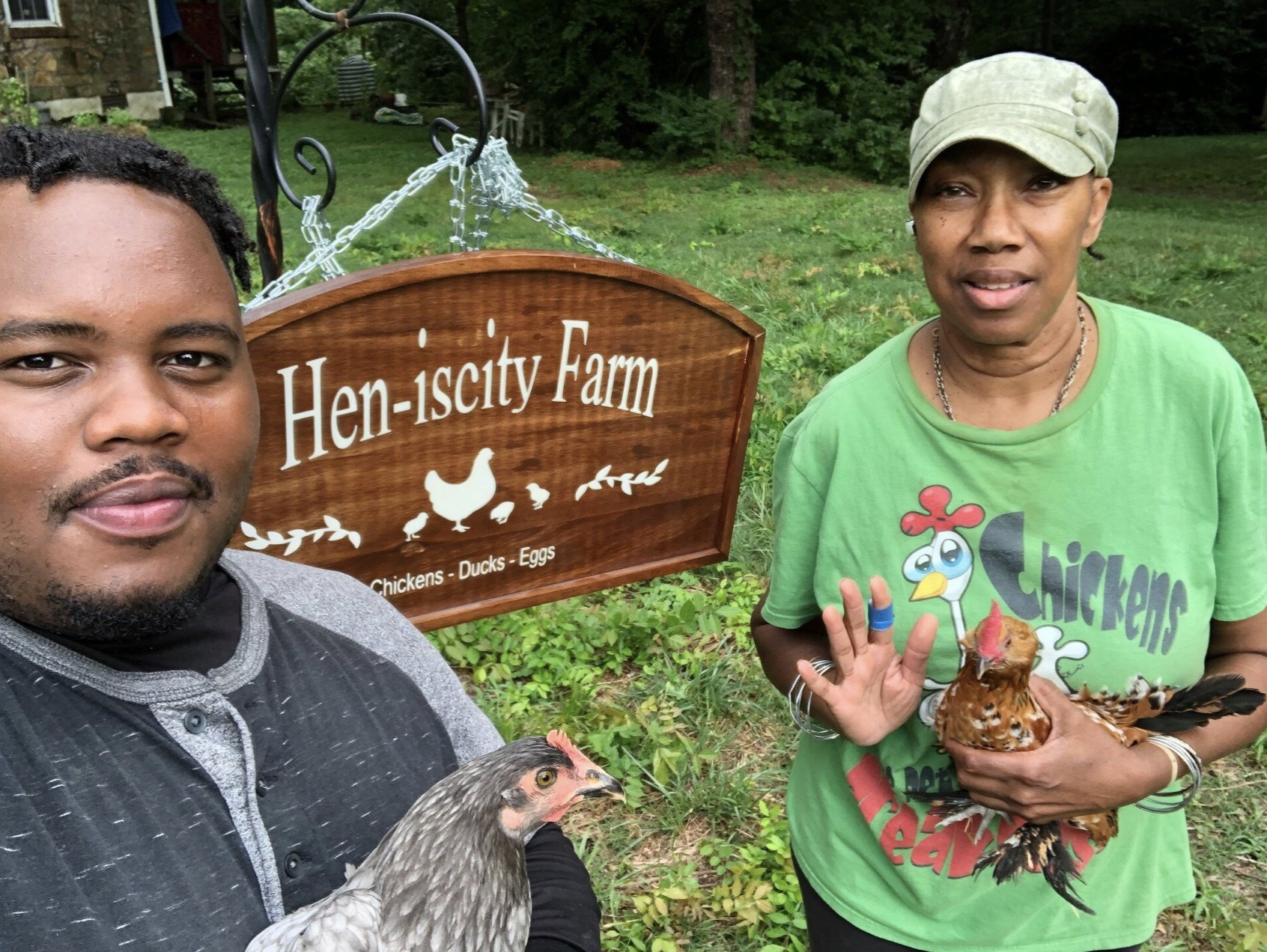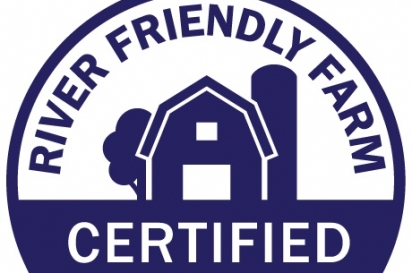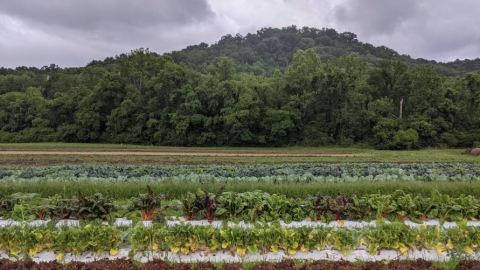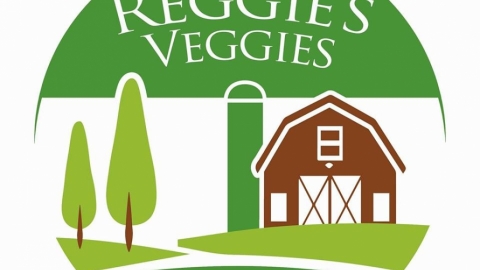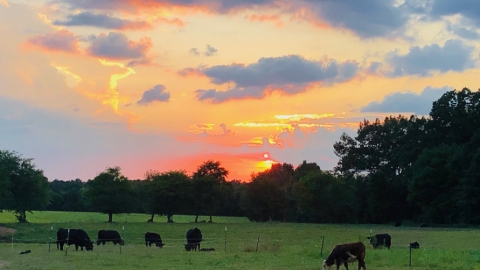Heniscity Farm: Poultry and Beyond
Cynthia Capers may seem like an unlikely farmer. As a city girl from Chicago, she would visit the chickens at the Lincoln Park Zoo and watch them until her mother pulled her away. But it took Cynthia many years and a career later to get to the farm. A former trauma nurse and clinical researcher turned farmer and chicken guru, Cynthia has an unmatched passion for poultry. After retiring, she took her 20-year poultry hobby a step further by enrolling in Tennessee State University's New Farmer's Academy. Today, her passion is on display at Heniscity Farm near Pegram, TN. Her farm sits atop an expansive meadow overlooking a riparian forest that protects the small tributary to the Harpeth River on her property. Her birds are cage-free, free range, and well provided for.
Cynthia calls herself a "from scratch" farmer. She had a passion for the birds, but she would need to learn everything about how to run a farm that would provide for the community, the land, the water, and, of course, her birds.
Cynthia knew that the farm was more than just the birds: the trees, the stream and the whole ecosystem was hers to steward. This inspired Cynthia to become a certified River Friendly Farm. Livestock farming comes with its own conservation needs whether it is a few animals to a large herd or flock. With animals comes waste (aka poop!), and how the farmer deals with that can make all the difference to the health of our waterways.
Heniscity has conservation practices on the farm to reduce livestock impact on the land and water. The birds are in a location that maximizes the buffer zone between the birds and the stream. Excess nutrients that come from the bird droppings will slowly make their way to the water by filtering through the meadow and forest before entering the water. These buffers help naturally filter out pollutants and improve water quality. Additionally, the birds are free range, reducing the compaction of the soil where the birds are housed.
As the farm grows, Cynthia wants to ensure that the land and water around her are protected. She is currently working with the Natural Resources Conservations Service (NRCS) to add conservation practices to the farm to prepare for that growth. Cynthia has plans to grow crops in the near future. With the help of NRCS, she will add a high tunnel to the property that will extend the growing season and reduce erosion. She also has plans to add cattle to the farm. NRCS will help build fences to exclude the livestock from the stream and provide an alternate water source for them. NRCS will also help with a grazing plan for the livestock to prevent overgrazing that can lead to erosion and increase runoff pollution.
As a girl from the city, Cynthia may not have always known she would be a conservation farmer, but her passion to learn and provide for her birds and her community led her to seek the best. She knew she had a special place to raise her birds and with the help of partners like NRCS, she will install conservation practices that will protect the land and water for years to come.
About River Friendly Farms
In 2020, the Cumberland River Compact launched a new initiative called the River Friendly Farm Certification. The program aims to foster a community of farmers who utilize methods that improve the health of the soil and our waterways.
How do you become River Friendly Certified?
To find more information about the River Friendly Farm program and certification process, visit cumberlandrivercompact.org.
About Heniscity Farm
To learn more about Heniscity Farm, visit heniscityfarm.org.


